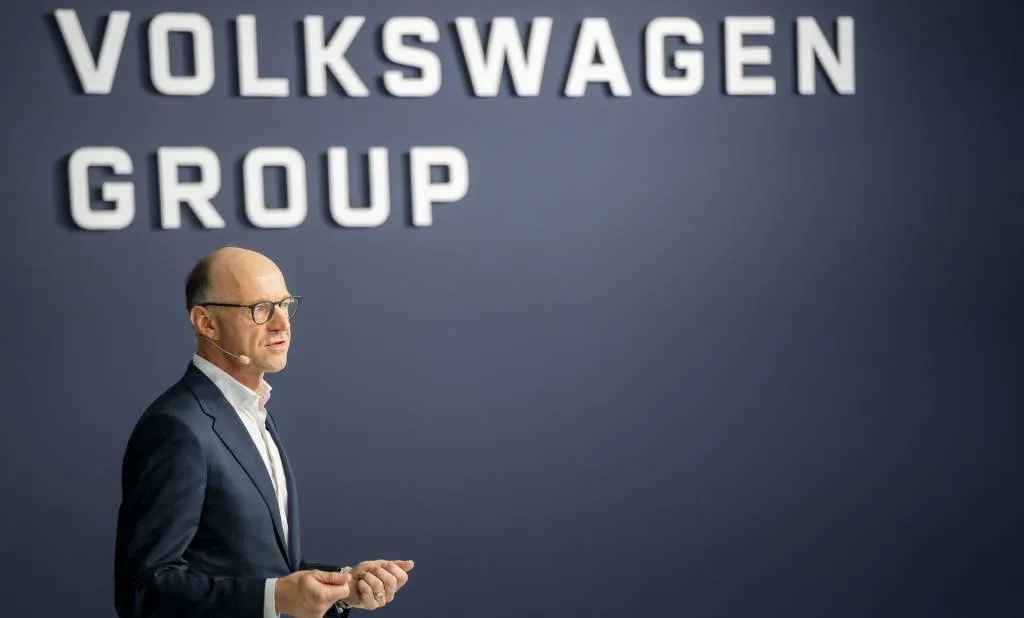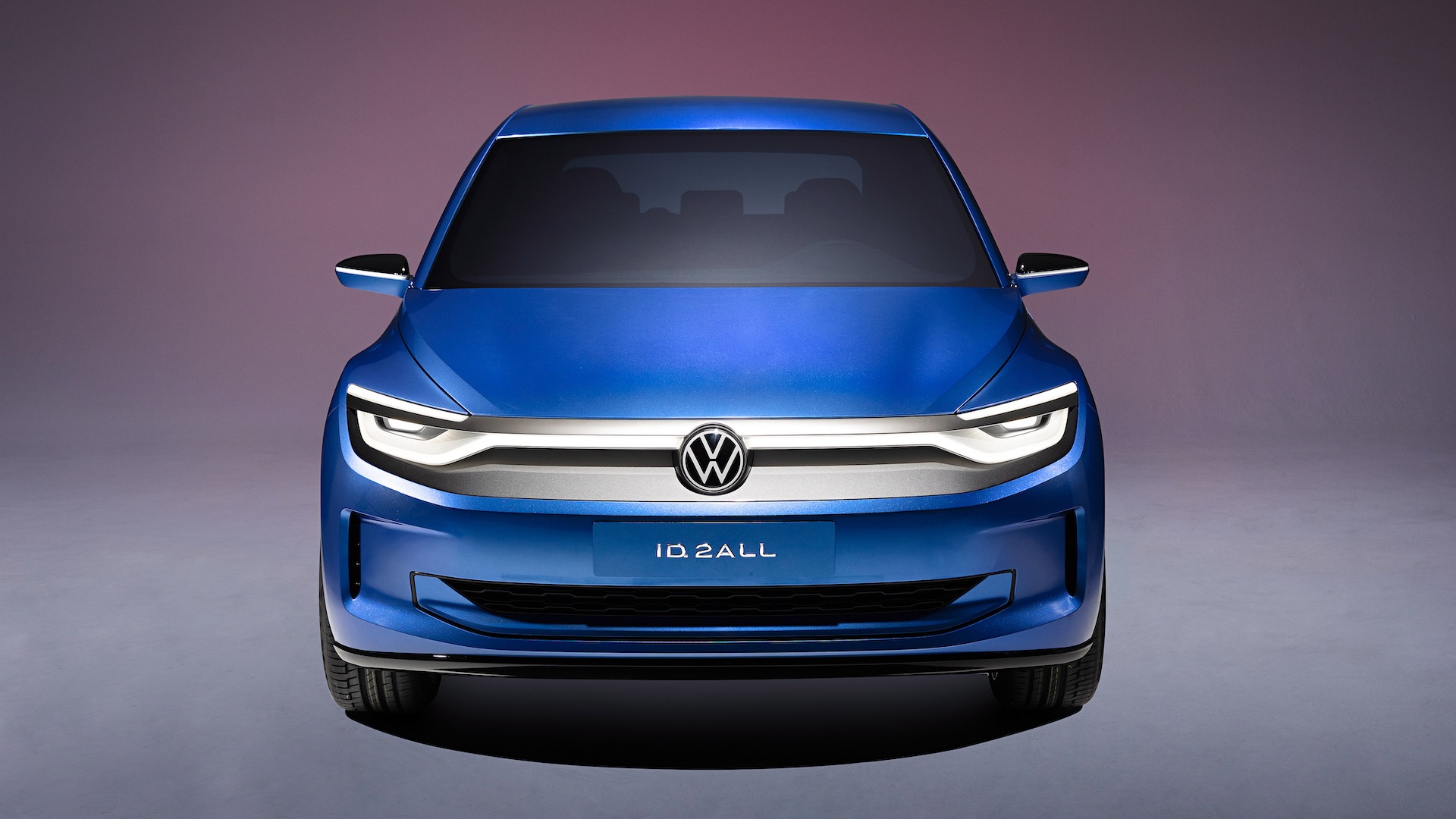- VW Group acknowledges EV sales haven’t taken off as expected
- The conglomerate believes EVs are still the future
- Current realities have made VW Group refocus and reallocate a third of its R&D budget back to vehicles with gas engines
The Volkswagen Group has been one of the most bullish automakers on electric vehicles, having committed only a few years ago to launching more than 75 EVs before the end of the decade. However, with EV sales slowing more than expected, the automaker now concedes that demand for vehicles with gas engines isn’t going away.
“The future is electric, but the past is not over,” VW Group CFO and COO Arno Antlitz said last month during a Reuters press conference in Munich, Automotive News (subscription required) has reported.
As a result, VW Group will now commit roughly a third of its R&D budget to vehicles with a gas engine, instead of scaling back that investment. The remainder will be spent on electrification and digitization, Antlitz reportedly said at the conference.
The automaker will also launch more plug-in hybrids than previously planned to meet growing demand. Toyota, which has refrained from going all in on EVs, reported record sales volumes and profits for the past financial year thanks to hybrid demand that grew 32.1% compared to the previous year.

Arno Antlitz – Photo credit: Volkswagen Group
VW Group is still fully focused on making EVs mainstream. The company will introduce a family of EVs with prices starting below 25,000 euros (approximately $26,800) in 2026. One of these EVs will be a production version of the Volkswagen ID.2all hatchback concept unveiled in 2023.
The automaker will also develop an even more affordable EV family with prices poised to start below 20,000 euros (approximately $20,500). One of the vehicles is thought to be an ID.1 minicar arriving around 2027.
VW Group will also start production of EV batteries (both cells and packs) next year via in-house battery company PowerCo, and in China, the biggest market for EVs, VW Group brands Audi and VW will work with local automakers SAIC and Xpeng, respectively, to develop EVs exclusively for the Chinese market.
Various automakers in recent months have backtracked on plans to fully focus on EVs. Mercedes-Benz, which planned to exclusively sell EVs by 2030, in February said it now expects to keep selling vehicles with gas powertrains well beyond that date. Cadillac has also said that it will likely still be selling vehicles with gas powertrains beyond 2030, and Alfa Romeo, which said it would be an EV brand as early as 2027, is instead thought to be developing its upcoming vehicles to offer the choice between EV and gas powertrains.
